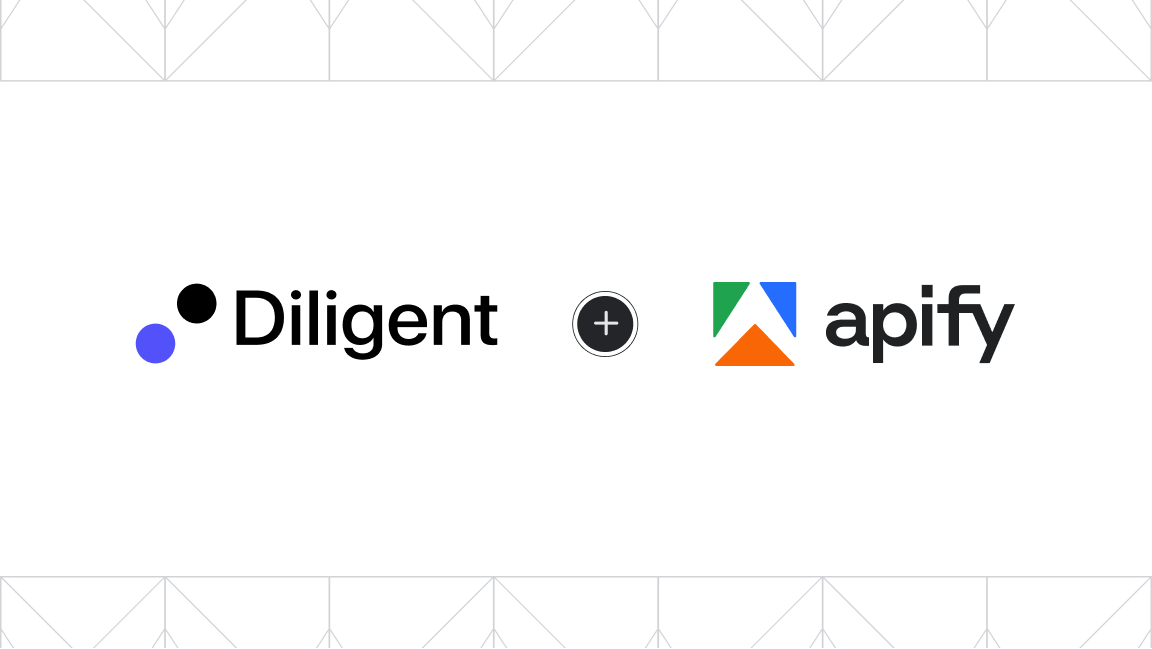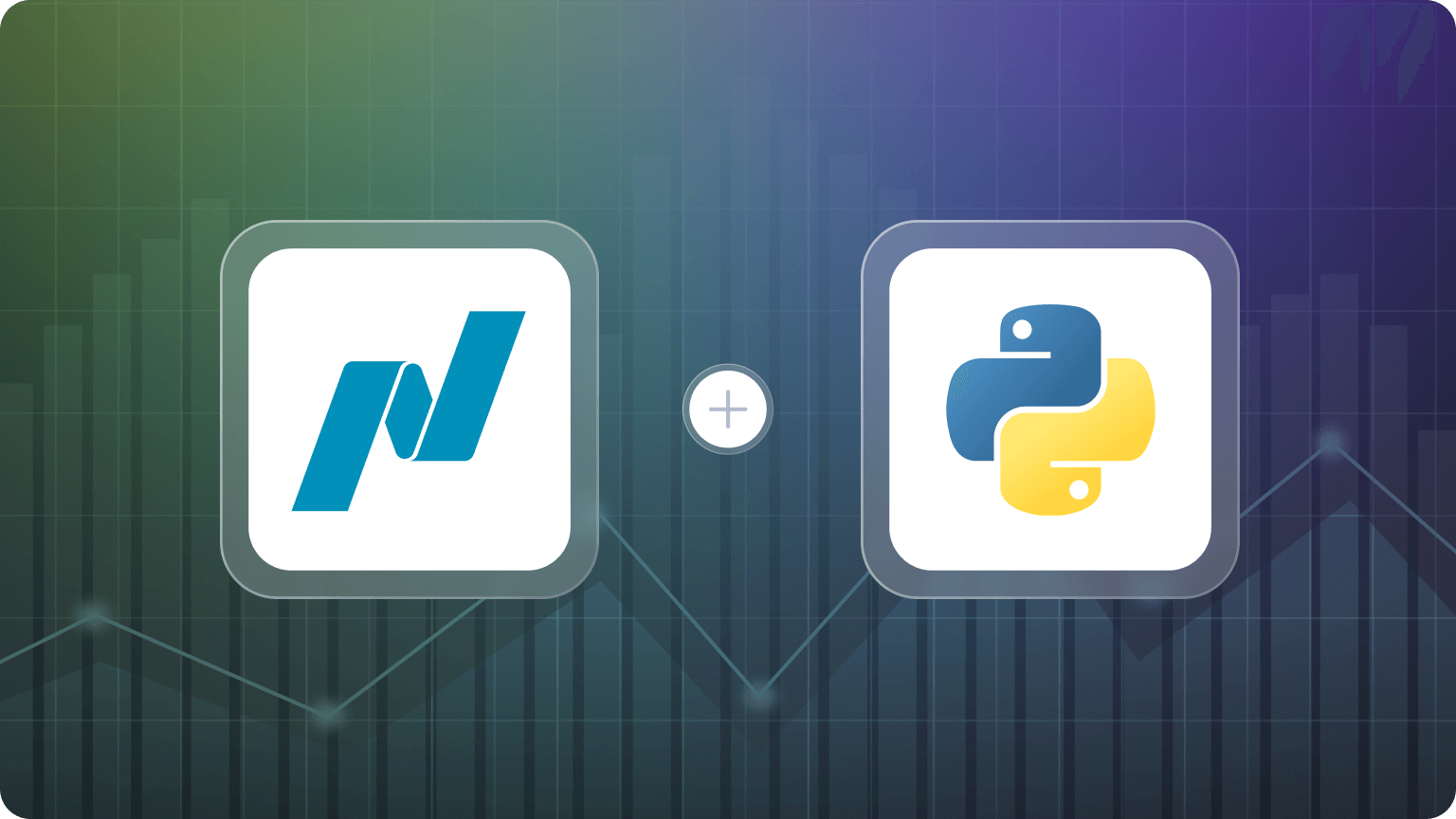Over the last decade, fintech has been shaped by API-driven infrastructure: payments, banking-as-a-service, data aggregation, identity, and compliance tooling. Product and engineering teams rightly think in terms of system-to-system integrations, event streams, and modular services.
But the day-to-day reality of running a fintech business looks different. A large share of critical work still happens in web browsers: partner dashboards, regulatory portals, billing systems, admin consoles, reporting tools, and internal back-office interfaces that were designed for humans, not machines.
This is the gap that web-based robotic process automation (web RPA) exists to close.
What web RPA means in fintech
While conventional RPA is software that mimics human interaction with digital systems by following explicit rules, web RPA is a specific form of it that operates entirely in the browser. Instead of calling APIs, it:
- opens web pages
- logs into portals
- navigates multi-step flows
- fills out forms
- clicks buttons
- downloads or uploads files
- triggers actions exactly as a human operator would
It's relevant to fintech because many fintech workflows only exist as web interfaces, or because APIs stop short of the full process.
The problems web RPA solves in fintech
Web RPA solves a very specific set of operational problems that APIs and traditional integrations do not.
Problem 1: Critical workflows exist only in third-party web portals
In fintech, some of the most important interactions happen in systems you do not control:
- regulatory submission portals
- partner and vendor dashboards
- billing and invoicing platforms
- admin consoles for financial services
Often, there is no API, or the API exposes data but not actions.
As a result, humans become the integration layer. Work happens only during business hours. Scaling requires hiring.
Web RPA turns “someone logging in and clicking” into a repeatable, documented, automatable process.
Problem 2: APIs exist, but stop before the job is done
Even when APIs are available, they frequently cover only part of the workflow. For example:
- you can fetch records via API, but must request reports via UI
- you can retrieve data, but must upload documents through a form
- you can read account status, but configuration changes require a dashboard
With web RPA, you can automate the execution gap between “data access” and “process completion.”
Problem 3: Operational work doesn’t justify bespoke integrations
Not every workflow is worth a full custom integration.
Many fintech processes are low complexity, high frequency, and business-critical, but not strategically important enough to justify months of engineering work.
Think monthly downloads, daily report pulls, routine submissions, or standardized account maintenance.
Web RPA provides leverage where building and maintaining a full integration would never be prioritized.
Problem 4: Ops work is invisible to engineering
Product engineering teams focus on customer-facing systems. Operational workflows live in places like spreadsheets, inboxes, browser tabs, and undocumented runbooks.
No one “owns” these processes technically. This leads to fragile workflows, lack of observability, no clear failure modes, and institutional risk.
With web RPA, workflows become schedulable, inspectable, and debuggable.
Why web RPA reflects fintech’s operational reality
Because web RPA is about execution, not analysis, it appears most often in:
- Back-office operations: Automating repetitive browser tasks like downloading invoices or statements, uploading files into internal systems, and synchronizing data across portals.
- Compliance and regulatory operations: Handling workflows that still require logging into official portals, submitting forms, and retrieving confirmations and notices.
- Partner and merchant operations: Managing standardized workflows across many counterparties, pulling data from partner dashboards, updating account settings, and performing routine administrative actions.
As long as financial work depends on portals, dashboards, and browser-based workflows, there will be a gap between how systems are designed and how businesses actually run.
Web RPA closes that gap, and that is why teams that scale fintech businesses eventually adopt it, whether they planned to or not.








